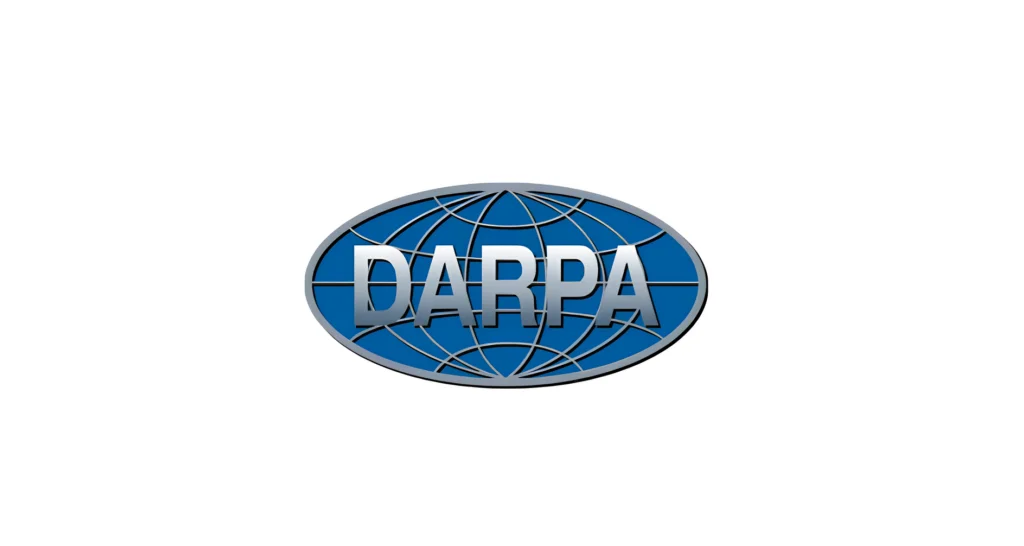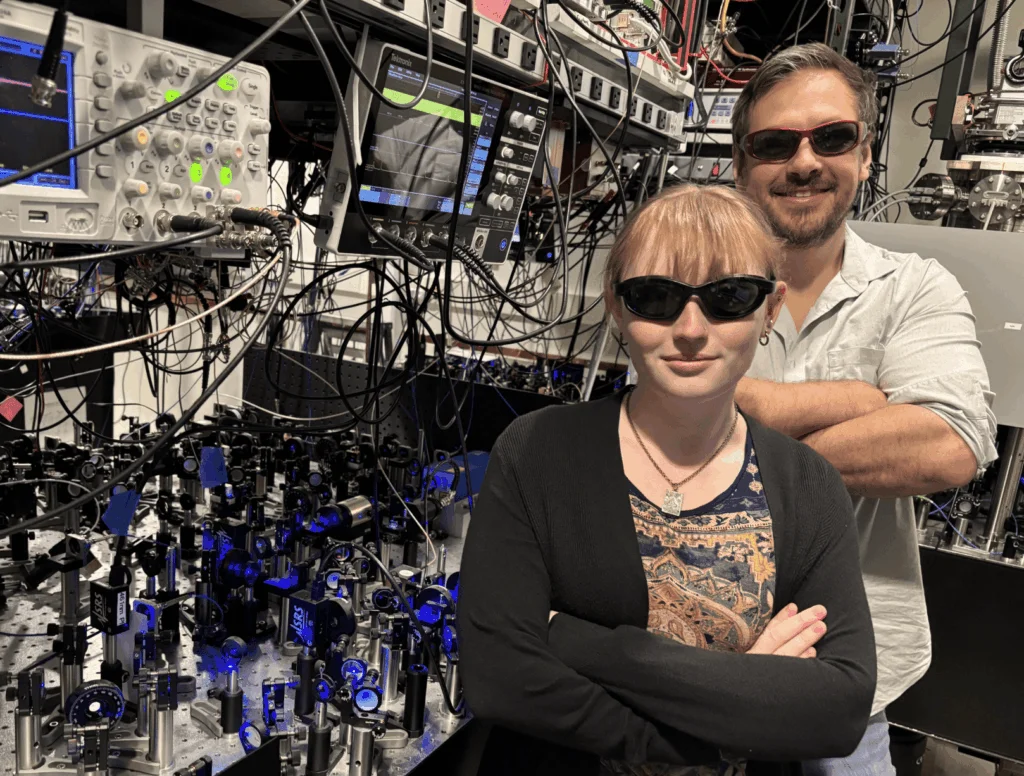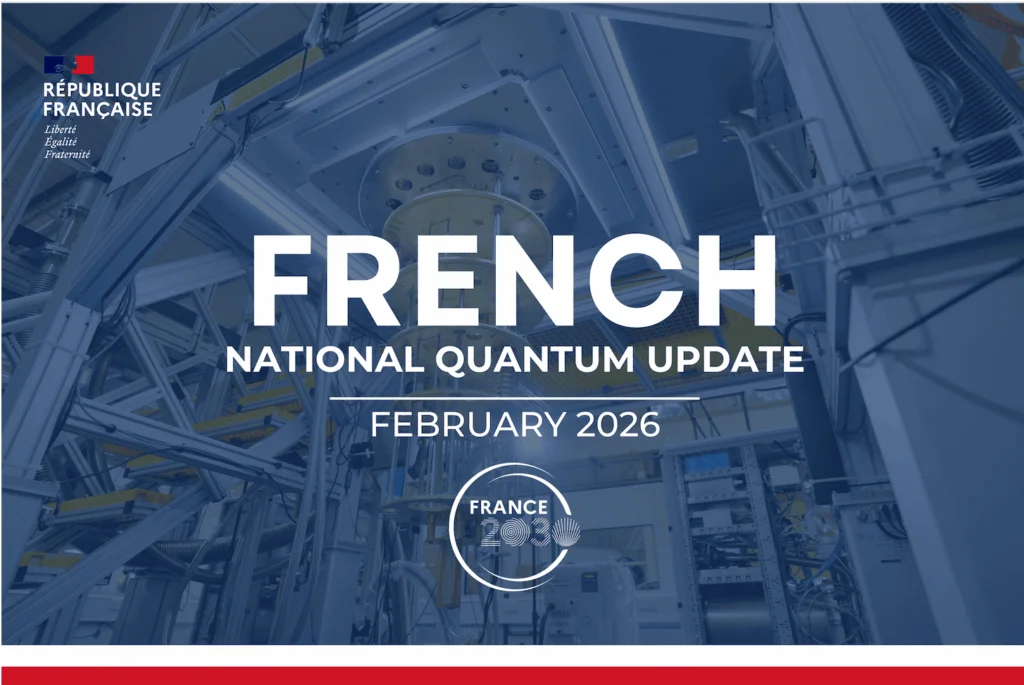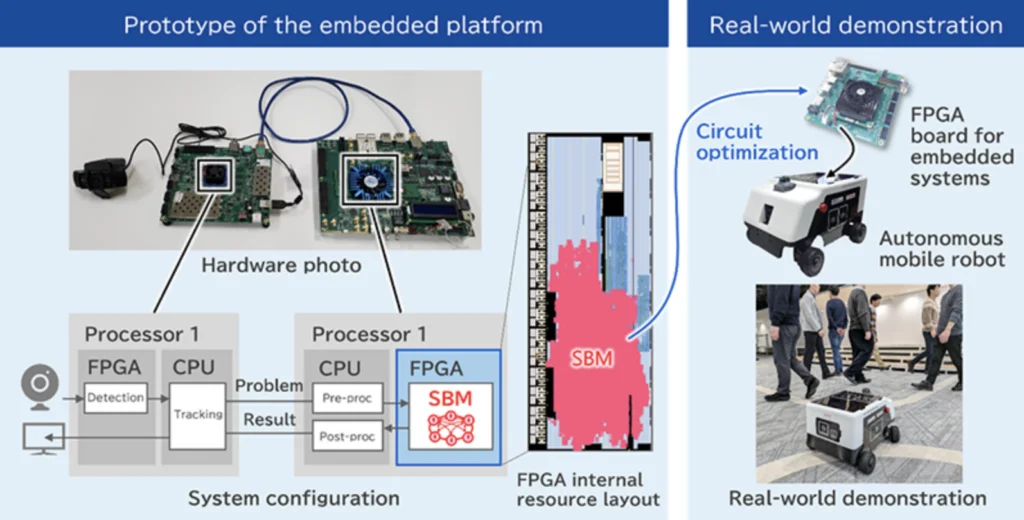
Carl Sandburg may have to add a few more professions and a couple more adjectives to his poetic analysis of the Chicago industrial ecosystem. He can add that the city has also become a quantum tool maker and stacker of qubits — and Chicago Quantum is one example of the leadership in quantum entrepreneurism that the city is helping to inspire.
Although its members are spread out across the country, the quantum consultant group is based in Chicago and is nurtured by the growing number of institutions and organizations that make their home in the Windy City. The company also seems to have picked up the blue collar, broad shouldered approach to its mission.
According to Jeff Cohen, president and founder of the consultancy group, that mission is easily spelled out: help companies solve problems and get them ready for the quantum era. Cohen started Chicago Quantum in 2018 as part of U.S. Advanced Computing Infrastructure, a consultancy that was started in 2010.
“We started this to solve client problems,” said Cohen. “We want to take advanced technologies, specifically quantum computing, to solve problems that businesses care about.”

It was a session at the Chicago Quantum Exchange event that transformed the advanced technology consultancy group into a quantum advanced technology group. Cohen said he sensed a growing momentum for quantum.
“I heard from defense department officials, I heard from academics and scholars in the field, and I just started to feel the groundswell of funding support,” said Cohen. “But, I could tell that the technology wasn’t ready yet. So, there was still time.”
Team member Alex Khan, who has an enterprise IT, insurance, software development and sales background, has become conversant and comfortable working with multiple quantum technologies. He is an Associate of the firm and grows the firm’s ecosystem relationships while making sure Chicago Quantum is positioned to solve client problems that matter most.
Khan said that he sensed that gathering momentum in quantum science as well. His interest in quantum computing was particularly piqued when D-Wave began to open up access to its quantum computer. Since then, interacting with the team and exploring quantum’s ever-perplexing challenges has only increased that fascination.
It’s also a once-in-a-lifetime learning experience, he added.
“Right now, quantum computing just seemed to be an excellent opportunity to get into and to investigate,” said Khan. “It’s hard to get into — there are so many new concepts. But, it’s working with the team and trying to solve real world problems that has made us understand things like, what the hardware really does and how to formulate a problem — that’s been instrumental for me.”
Deep-Tech Meets Deep Dish
Chicago Quantum believes in leveraging quantum technology for real-world challenges and advantages. And only a team from Chicago could help clients tie a deep-tech quantum solution with a deep-dish delivery problem. In fact, that was one of the first client inquiries for the team.
“Our first client inquiry was around pizza delivery,” said Cohen. “The customer owned 80 restaurants and he said if you can help me avoid cold pizza delivery, you’ll save me a ton of money. So, we thought about how to architect that into a quantum problem. At the end of the day, we didn’t move forward because it was too difficult to get the data. But that started us thinking that we could do this — and be helpful.”
Deep Dish Meets Deep Dough
Their next project, which they began last December, wasn’t pizza-related, but it was focused on dough. The company investigated using quantum computers, specifically the D-Wave 2000Q(TM) System, to build a portfolio of U.S. stocks. The results suggest that the quantum computer could be used to build that portfolio, according to Cohen.
The team published its most recent results for the optimizer on arXiv and Research Gate.
The team successfully ran 60 stocks at one time and picked the best portfolios. They also found and coded 5 classical ways to solve the same problem — in under one minute.
“We also published our quantum portfolios and are tracking their performance on Medium,” said Cohen. “One of our next steps is to thoroughly test the models, then to offer this service to clients.”
The parameters of the financial problem made it ideal for a quantum approach, the team added
“It’s a rich problem set,” said Cohen. “It’s a very large Hilbert space, so there’s lots of potential answers. It’s well understood. And there’s a lot of money behind it.”
The team is expanding from simply creating quantum solutions for finance, but they want that progress to be an evolution, not necessarily a revolution. And that’s for the customers’ sake.
“There are so many things that could be done on quantum computers,” said Khan. “In the future, as we look at what could be done with a quantum computer, nobody even knows all the uses. But, when this team got together we looked at our skills sets and looked at the problems that are out there. Then, we asked ourselves, ‘What one problem could we solve in a reasonable amount of time.’”
Current projects that are also being discussed and investigated including further refinements to the portfolio optimization system, COVID-19 research, virtual reality and security, among other projects.
“We don’t know who will have an interest and want us to solve their problems — what we have established is that we have the skillset and the ability to optimize a problem,” said Khan. “And we know how to take a real-world problem and formulate it so it can be run on a quantum computer.”
Quantum Exploration
The team is also exploring other quantum computing techniques, including quantum walks-on-graph, which exploits quantum mechanics to move information from point A to point B faster than in typical classical methods, according to Clark Alexander, the team’s mathematician, quantum scientist and Lead Associate.
“The fundamental building blocks of computers are basically light switches — a bunch of on-offs. And we have a whole bunch of methods for turning those switches on and off,” said Alexander. “The fundamental building block of a quantum computer is totally different. It’s almost like a top. You have tops and they’re spinning — and you want to line up as many tops as you can. So, you have to think about problems differently.”
In networking theory, you can count the steps between nodes in a network, such as connections on the internet, explained Alexander. That’s a classical problem. However, it becomes a different problem when you approach it quantum mechanically.
“In quantum mechanics, it’s more like dropping a rock off in a pond, watching the waves travel, and, then, you drop a second rock and the waves can cancel each other out — so some waves will get bigger and some waves will get smaller,” said Alexander. “The question is, how do you leverage that to get those waves to get faster. In a quantum walks-on-graph, it has an interesting advantage in that the information travels more quickly across the graph than in the classical sense.”
Ultimately, quantum-walks-on-graph may be a way to get information from point A to point B faster. Practically, the approach might be used to analyze the financial markets and to take on problems in industries, such as materials science, but the team lets curiosity drive possible uses for quantum walks-on-graph.
“The answer to what will we use it for is: ‘We don’t know,’” said Cohen. “But our plan in the next three months is to solve a problem, even if we have to make that problem up.”
There’s lots more to explore in quantum, according to Alexander. And a lot more obstacles to cross.
“The opportunities are abundant — and the challenges are interesting,” said Alexander.
He sees the path toward understanding and using quantum computing to be similar to the early days of machine learning and artificial intelligence — but much more complex.
“We didn’t really know what neural networks, for example, do until we made it easy enough for amateurs, who could easily learn how to run a neural network for a task,” said Alexander. “Quantum computing has a lot farther to go. The mathematics of a neural network is very simple. Quantum computing is not at that level, there’s several more years of training even to understand the mathematics.”
It’s Still Early
The Chicago Quantum team members agree that it’s still early — very early — in the quantum era. And, likening the current era not to the vacuum tube era, or the silicon chip era, but to the early days of the gold rush, being early can be a good thing.
“It’s good if folks like us see the potential and realize how early it is,” said Cohen. “Because I’m willing to take a shovel and dig for years to try to find quantum advantage for our clients. There’s gold still in the hills.”
If you found this article to be informative, you can explore more current quantum news here, exclusives, interviews, and podcasts.















